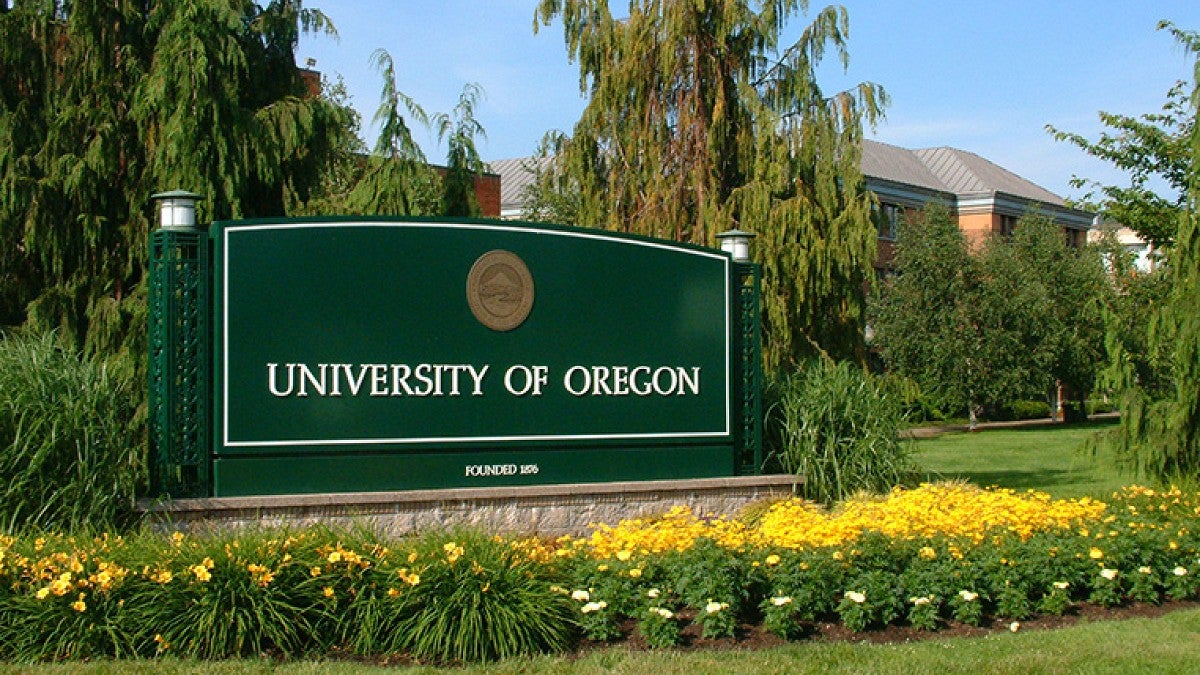University of Oregon leadership, including President Michael H. Schill, the Vice President for Student Life Kevin Marbury, Vice President for Equity and Inclusion Yvette Alex-Assensoh, and Provost Patrick Phillips are speaking out against hatred, racism and violence.
“George Floyd’s tragic and senseless killing by a white police officer on a street in Minneapolis shocks, saddens and outrages all of us.”
“As leaders of this university it is important to speak out against these and other less publicized atrocities inflicted against people of color in our nation. We call on our entire university community and nation to recognize that these are not isolated events, but instead reflect a society deeply in need of transformation and healing,” said the leaders
“Now is the time to raise our voices and send the message that hatred and violence toward people of color and other marginalized groups must stop. In the words of the Reverend Dr. Martin Luther King Jr., ‘the ultimate tragedy is not the oppression and cruelty by the bad people but the silence over that by the good people.’”
In a statement issued on May 29, they said these injustices are happening during a time when COVID-19 is having a disproportionate impact of communities of color.
“Indeed, COVID-19 itself has laid bare, as if we needed more proof, the racial and socio-economic divisions that continue to plague our nation and society. Black, brown, Native Americans, and the poor are getting sick and dying at far greater rates due to deplorable inequities in our health system and the fact that they disproportionately find themselves in frontline jobs that put them at risk. That is unacceptable.”
The leaders vowed to continue the work that began five years ago as catalyzed by the Black Student Task Force, and also note that “our university also has an important role to play in furthering the debate about racial equity through research, teaching, and outreach.”
The university’s African American Speaker and Workshop Series next year, organized by the Division of Equity and Inclusion, will focus on disproportionality and resilience of the African American community in the face of COVID-19.
The UO offers support and resources to students through the University Counseling Center with a team of dedicated staff members, many of whom can provide identity-based support. In addition the UO offers in-person drop-in and other counseling services, and after-hours support/crisis phone line (541-346-3227) to speak with a mental health professional when the Counseling Center is closed. Employees of the university may access the Employee Assistance Program. The Respect website offers information for those who’ve experience discrimination or harassment.


